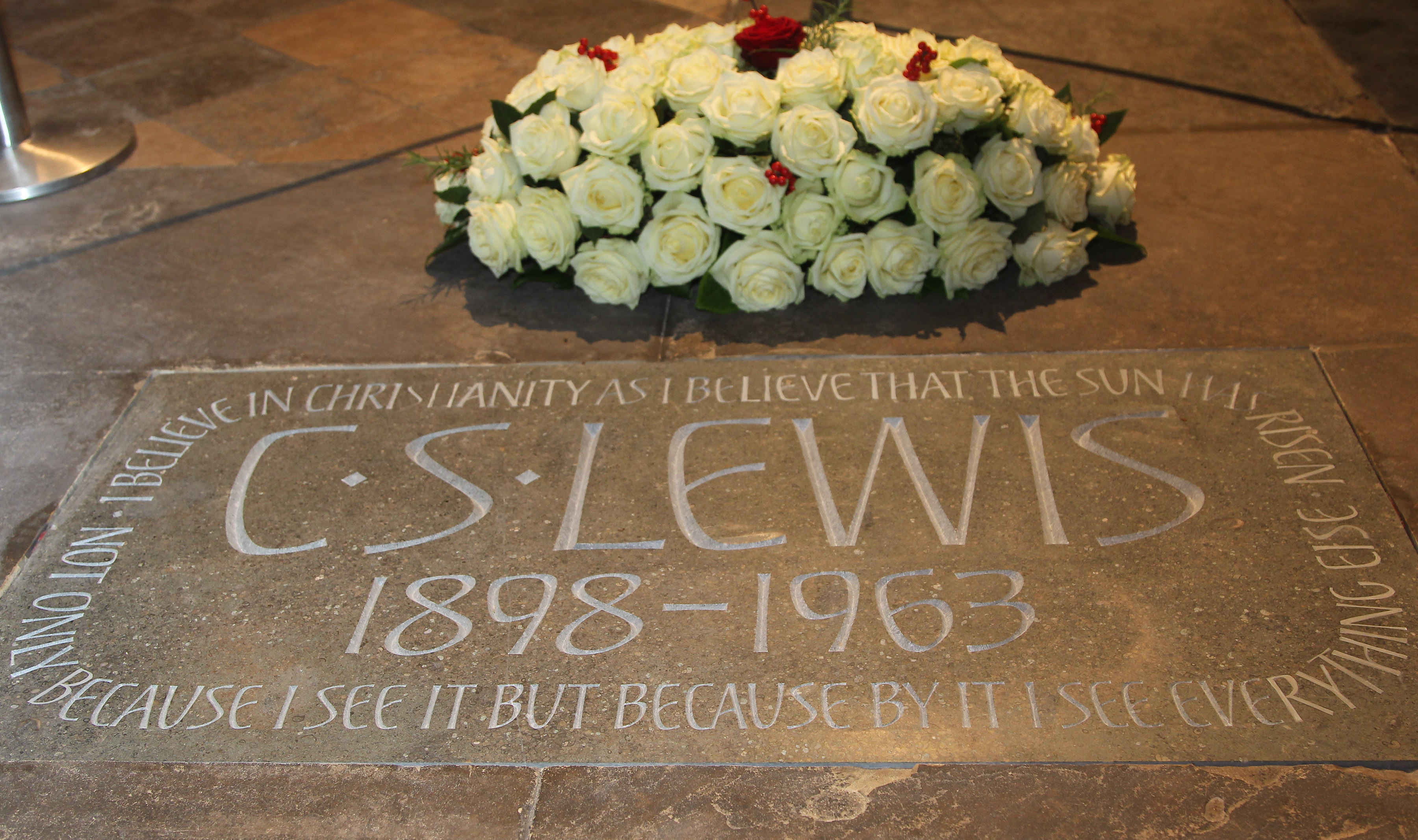by Lauren Crane
In the months before he died, British author and Christian apologist C.S. Lewis predicted his literature largely would be forgotten by the beginning of the 21st century.
Forty-four years after his death, the presence of approximately 270 people at a conference honoring “C.S. Lewis: The Man and His Work, a 21st Century Legacy” spoke of his continuing impact upon scholars and avid readers. The Oct. 26-27 conference at Southeastern Baptist Theological Seminary in Wake Forest, N.C., combined four plenary sessions with featured speakers as well as the presentation of about 40 papers on different topics relating to Lewis’ works.
The conference was the first major event sponsored by Southeastern’s L. Russ Bush Center for Faith and Culture, named for the well-known Southern Baptist apologist and longtime dean at Southeastern.
The first and third plenary session addresses were given by Walter Hooper, a trustee and literary adviser to the C.S. Lewis estate for the last 44 years, during which time he has edited approximately 30 books of Lewis’ materials. During the last year of Lewis’ life, Hooper also worked as personal secretary to Lewis, a relationship which began as an admiration for Lewis and his works.
Hooper recounted that after Lewis’ death in 1963 there was much confusion over what to do with his literary estate. The responsibility had largely fallen to the estate’s lawyers, and Hooper said they were willing to give over that responsibility to him, honoring Lewis’ request.
Noting the “rational oppositions” with Lewis, or “Jack” as he called him, Hooper said one discussion regarded whether Lewis’ works would continue to be well-known after his death. Lewis believed they would die out, as most authors’ works do, while Hooper promised to keep them in print.
“I have waited more than 40 years to tell the world I won an argument with C.S. Lewis. He was afraid his books would stop selling,” Hooper said. “When I see what has happened with his writings, I think we have reason to be joyful.
“I don’t think he had any opinion of himself or his writings,” Hooper said. “He more than once said to me, ‘You think too highly of my books.'”
In fact, Hooper said the presence of so many people gathered to honor Lewis and his works is a testament to the timelessness of Lewis’ writings and shows that others think “highly of his books” as well.
Hooper said Lewis’ close friend, J.R.R Tolkien, once said, “Jack Lewis is the only friend I have that has published more after his death than before.”
[Read the rest at BPnews]


